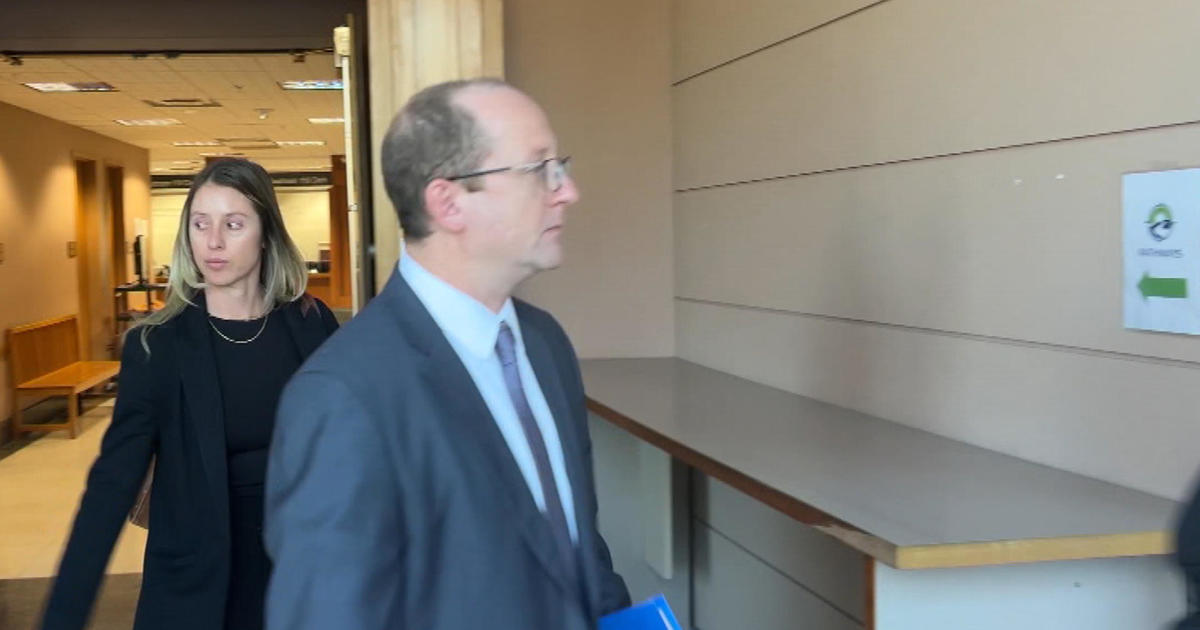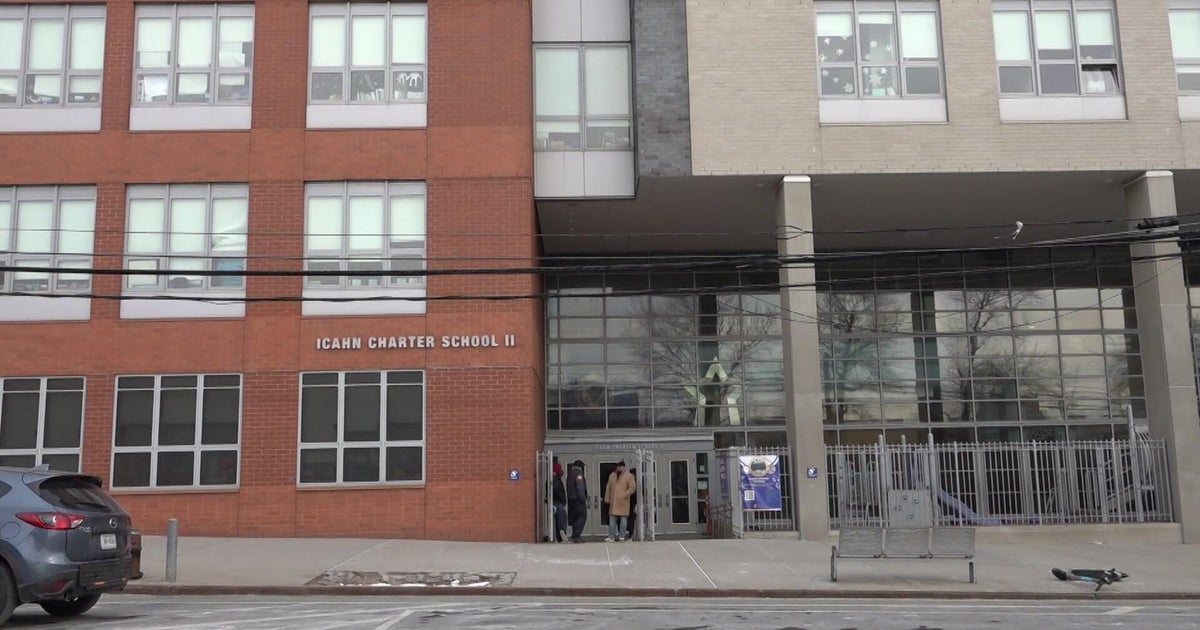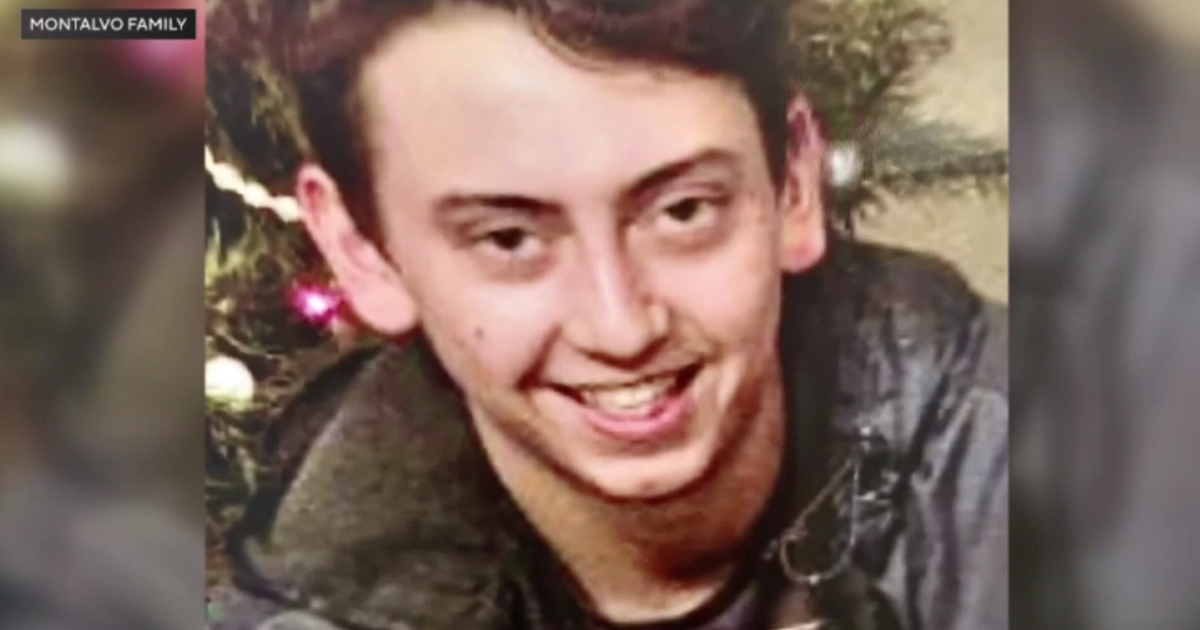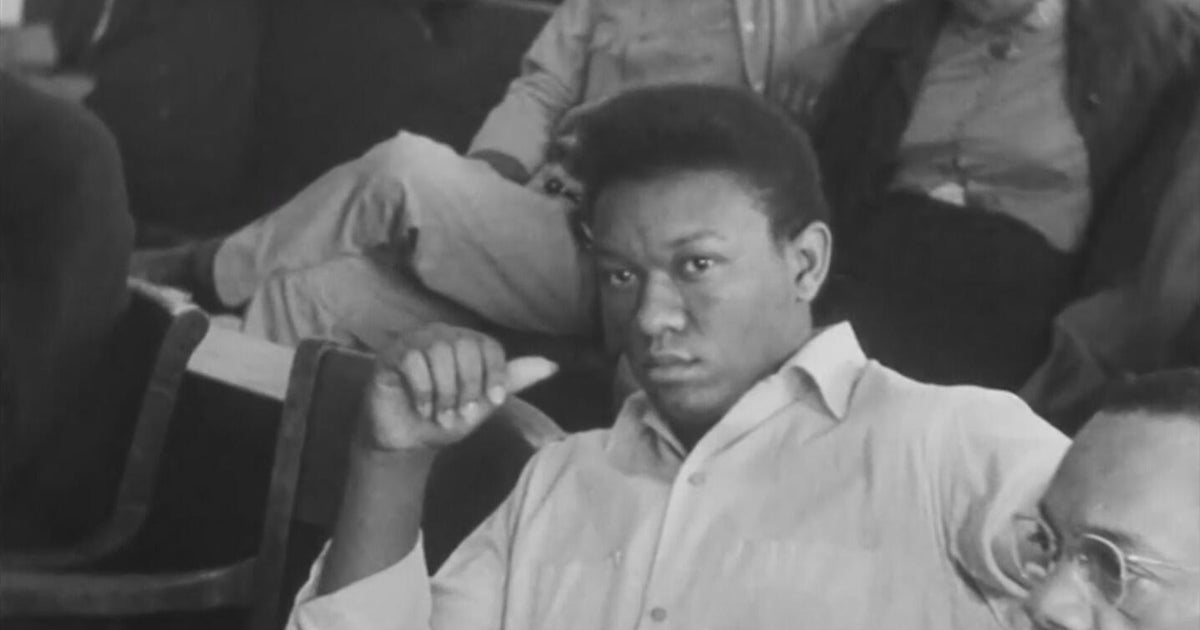Ritzer Family Speaks Against Bill That Would End Life Without Parole Sentences In Massachusetts
BOSTON (CBS) – Families of murder victims delivered passionate and emotional testimony Tuesday on state House Bill 1797. The proposal would eliminate the state's harshest sentences – life without the possibility of parole.
"They chose to take a life, they give up theirs," Peggie Ritzer told WBZ-TV.
The parents of Colleen Ritzer called the bill insulting to the families of homicide. Their daughter, a Danvers High School teacher, was murdered by a student on October 22, 2013, inside Danvers High School.
Philip Chism, who was 14 at the time, was convicted and ordered to serve at least 40 years in prison for rape, armed robbery, and first-degree murder.
The Ritzers wish the killer could've received life without parole, but he was a juvenile.
"We feel like the state continues to think more about the killers than they do the victims and their families," said Peggie Ritzer.
At Chism's 2015 sentencing, Colleen's mother Peggy called for Chism to get a "sentence of death," but admitted that's not an option under Massachusetts law.
The bill was filed by Boston state Representative Liz Miranda. If passed, the bill would guarantee prisoners parole hearings after 25 years. The bill would be retroactive and apply to all inmates in the state's prison systems.
Miranda understands the Ritzers' grief after her brother was shot and killed in 2017, but feels differently about the punishment.
"The trial for my brother's murder is coming up next year," Rep. Miranda testified. "I will testify that the man who murdered him should not be sentenced to life without parole because I believe life without parole is death with another name."
Supporters of H.1797 say life sentences are expensive and inhumane.
Edwin Woo disagrees, testifying before state lawmakers that life without parole is the closest thing to justice for his family after his 62-year old father was tortured and murdered in 2011.
"Cracking his skull, breaking his rubs, face, and body and mercilessly left him for dead," said Woo. "To hear a bill to take that away and lessen the sentence to 25 years is absolutely appalling and insulting."
Before H.1797 can become law, it must clear the Judiciary Committee, clear a House and Senate vote, and be signed into law by the governor.







